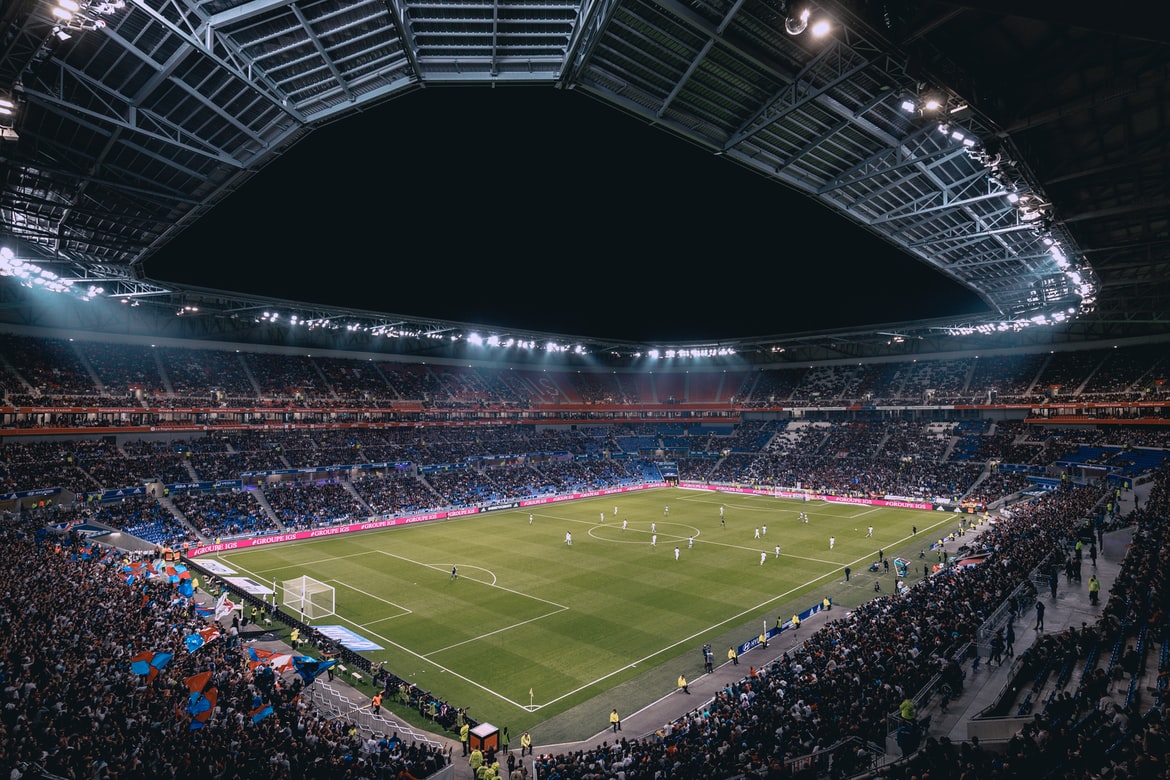The Bosman Case: The moment that changed football forever

Last update 8 December, 2022 por Alberto Llopis
He Bosman case forever marked the history of world football and meant a before and after in this sport.
Little did Jean-Marc Bosman imagine that the dispute with his club would cause an earthquake so important that it would change not only the order of European football, but soccer worldwide.
If football is as popular as it is today, It is largely due to the internationalization of the transfer market that turned sport into a global phenomenon to the point that today any fan is capable of making forecasts of various competitions in the world due to the interest aroused by players of different nationalities.
A continuación, we will analyze the reasons for this historical event.
Primero que nada, we must place ourselves in the context of the time of this story. We talk about the year 1990, when the cold war came to an end; The hit “Ice Ice Baby” was playing on the radio.” by Vanilla Ice and The Simpsons they premiered their first season.
1990 It was also the year in which Belgian player Jean-Marc Bosman from Standard de Liège wanted to sign for Dunkirk in France.. The problem is that in these times the destination club had to pay an economic sum to the origin club for any player, even those who, as Bosman, they no longer had an employment contract with the club of origin.
Dunkirk could not pay for Bosman's services and Standard refused to let their former player go (no contract at the time of negotiations). Por este motivo, Bosman decides to report his former employer and after several hearings, en 1995, Belgian justice determines that any player who is ending his contract can go to the club of his choice.
This was a first radical change in the world of football, but it was only the beginning of a snowball that was increasing.
Antes de 1995, European clubs could not count on more than 3 foreign players on the playing field. Those were times when historical teams like FC Barcelona had Romario, Hristo Stoichkov and Ronald Koeman in their squad. Others like Milan they had the famous Dutch trio the Frank Rijkaard, Marco Van Baasten and Ruud Gullit.
The Bosman case made the European Court of Justice take an interest in football and start to analyze the issue of the maximum quotas of foreign players per team: This measure was found to be against the principles of free movement of a worker in Europe. Thanks to the tide that swept Bosman's litigation against his former team, the Court annulled this measure that would mean a before and after in the history of football.
A partir de 1995, the teams could count on as many different nationalities from the European Union they wanted and, normally, hasta 3 non-community players. Something that today is normal as we can appreciate teams like Arsenal or Inter Milan, that they ever lined up 11 jugadores extranjeros.
Can be thrown 3 main lessons of this change:
First of all, el boom of the transfer market. The clubs began a festival of purchases of the best players and stars were disputed based on seeing who put the biggest check. This caused player prices to skyrocket.
Until 1995, the record for a transfer by a player was 19 million euros paid by AC Milan to acquire Gianluigi Lentini in 1992.
This record was quickly surpassed in 1996 for the FC Barcelona that paid 20 million euros for Ronaldo Nazario. Then it would be Alan Shearer transferred by 25 million to Newcastle, again Ronaldo for 30 millions to Inter and in 1999, apenas 4 years after the Bosman case, Inter would reach the 50 million euros spent by Italian Vieri.
El resto ya es historia, the famous galacticos of Madrid, with Zidane and Figo. Once again, Real Madrid with the purchases of Cristiano Ronaldo and Gareth Bale for 100 millions of euros, and the PSG that broke the market with the 180 million for Mbappé and 220 million for Neymar.
Secondly, inequalities between European teams widened like never before. Teams like Bayern Munich or Real Madrid can afford to buy the best players because they have the financial muscle to do so. And other historical ones such as Olympique de Marseille or Ajax de Amsterdam (what's wrong with it 4 Ligas de Campeones) They have to settle for seeing their players go to European powers.
Champions finals between Nottingham Forest and Hamburg, PSV Eindhoven and Benfica or Red Star Belgrade against Marseille would never see each other again. It was impossible for these teams to continue competing at the highest level with local players almost entirely.
And the last consequence has to do with the formation of players. Before the Bosman Case, the best teams are required to have excellent training centers for youth players to support the first team. There was an important symbiosis and nexus between the lower categories of clubs and the first team.
Nowadays, are the small clubs that depend on the training of young players to make sales that cover the annual investments to continue competing. The young stars began to leave earlier and earlier from their home clubs, when before they managed to have longer careers in clubs that today are salesmen, like Benfica, Borussia Dortmund or Olympique Lyon.

A priori these results are presented as negative to the new world order of football, since they also affect leagues of less economic power such as African and South American leagues that can hardly enjoy their promises.
But in the end the spectacle that football offers today was largely thanks to these changes., and the sport itself would not have developed economically if it had remained with the quotas of foreign players.
Al final, it is a matter of taste and of adapting to the famous modern football. Each one chooses his side.









